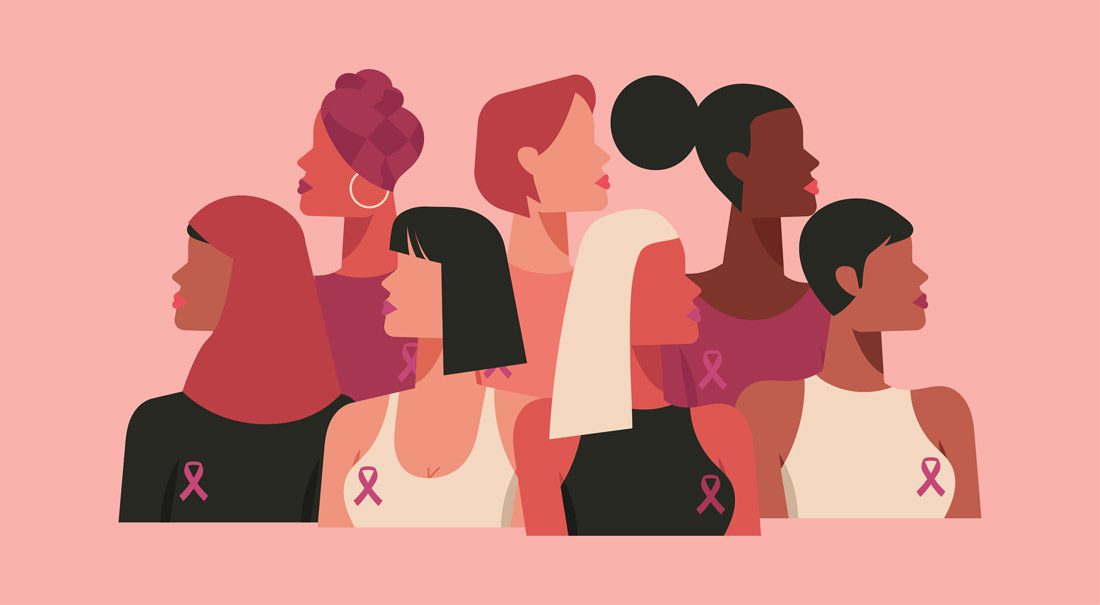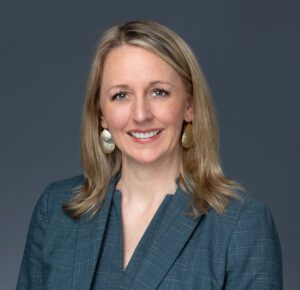A surgeon weighs in on what everyone should know.


As you see pink ribbons and fundraising 5Ks pop up in October, know the genuine purpose behind Breast Cancer Awareness month: More than 4 million women have a history of breast cancer in the U.S. This year, more than 310,000 women will be diagnosed with this pervasive disease, estimates the American Cancer Society. Approximately one in eight will develop invasive breast cancer during her lifetime. Early detection is the current best defense against this most commonly diagnosed cancer among women, hence why “awareness” is so important.
“If we can find a tumor when it is small, the outcomes are so much better,” says Dr. Laurel Barnes, breast surgeon at Northside Breast Surgery-Atlanta. “Of the numerous medical improvements we’ve made since the 1960s, mammography and early detection are thought to be among the most important in decreasing mortality.”
Test your own breast-health awareness with her following advice.
Highest Risk Factors
Being born female, getting older and having a family history of breast cancer in first- or second-degree relatives are the biggest risks for getting the disease. Starting your period at a younger age, not having a baby or giving birth after 35 also are factors. “Studies have shown the uninterrupted estrogen exposure can play a role. It is essentially wear and tear on the breast,” Barnes says.
Relatively new data are also showing that, just like women of Ashkenazi Jewish heritage, women of West African heritage are linked to having a BRCA 1 or 2 gene mutation. Patients with these mutations have a higher lifetime risk (up to 60-80%) of developing breast cancer. Several other gene mutations affect the probability, too.
Lifestyle Habits of Concern
Crucially important to decrease breast cancer risk, as well as for heart disease and stroke, is avoiding tobacco use and obesity, Barnes says. Drinking alcohol also has bad ramifications. “Less is better; none is best,” she says. “Exercising 30 minutes per day, five days per week—even just going for a walk—decreases your risk of getting the disease by 30% and having a recurrence by 40%. It’s exciting that this is a tangible, easy way for women to participate in their own health,” Barnes says.
Screening Tips
Barnes recommends that women be screened by a primary care or other physician before 35 for family and ovulation history, weight and other factors. This is so that you and your health care provider have a good understanding of your risks for developing breast cancer and can get a personalized screening plan in place. Barnes also suggest performing self-breast exams once per month, standing up and lying down. Detect an unusual lump? Don’t hesitate to visit your doctor.
Those with average breast cancer risk should begin annual mammograms at 40 and keep going throughout their lives. Barnes notes that for African American women, research shows that every month of delaying getting a mammogram after age 40 is associated with detectable, increased risk of advanced breast cancer on the initial mammogram. Trans patients taking female hormones for more than five years should be screened like biological women.
Genetic Testing
Gene mutations, which can also be associated with other cancers, such as ovarian, pancreatic and colon in the case of BRCA, can be determined by genetic testing, Barnes says. “Knowing you have a mutation gives the opportunity to increase screening frequency to detect cancers earlier and get treatment when they are easier to treat.”
NORTHSIDE BREAST SURGERY – ATLANTA
404.845.4667
northsidebreast.com
@northsidehosp
Managing Editor and Wellness Columnist at Simply Buckhead. Blogger at Badass + Healthy.












